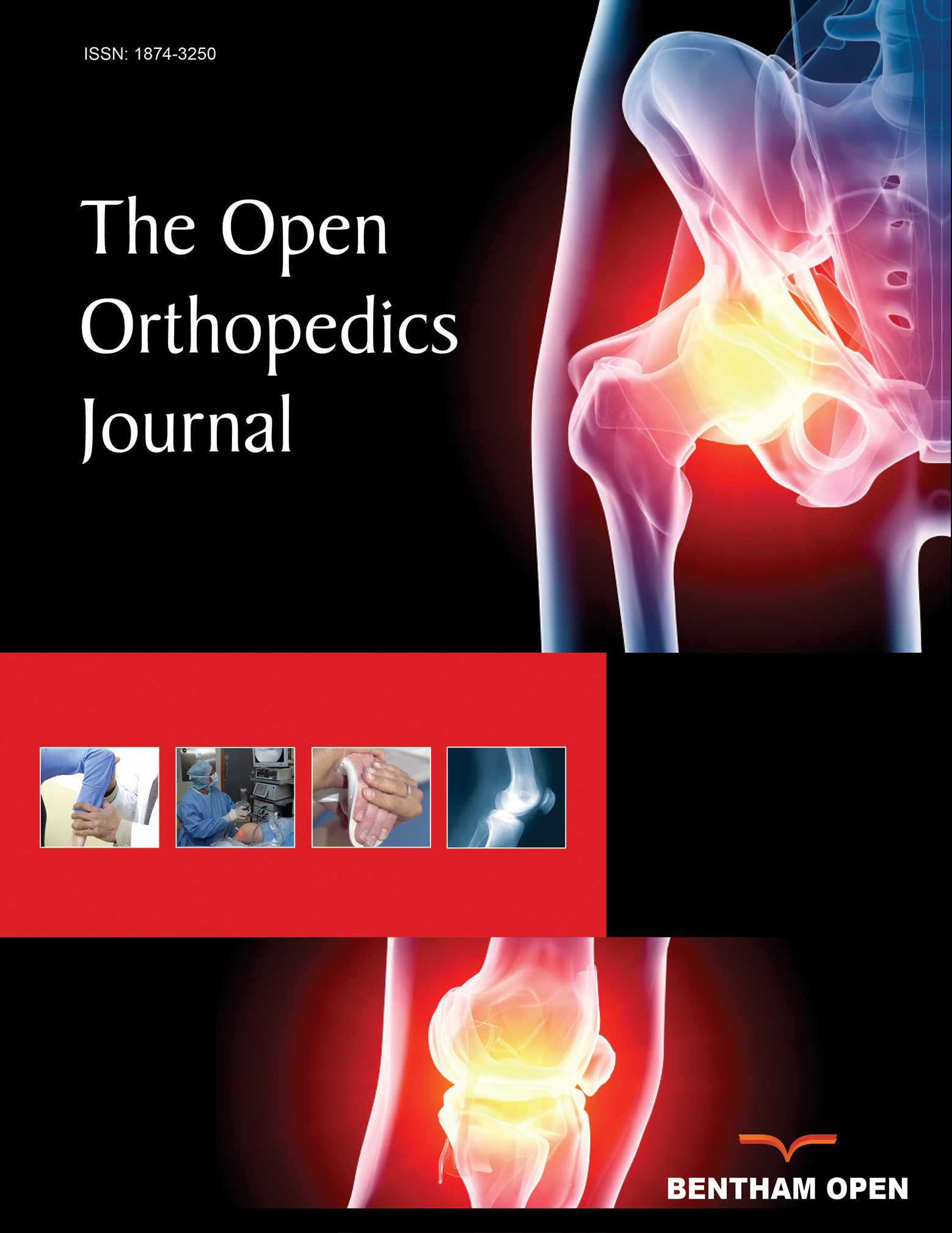All published articles of this journal are available on ScienceDirect.
Prognosis Driven Rehabilitation After Rotator Cuff Repair Surgery
Abstract
Background:
Rehabilitation after rotator cuff repair surgery has been the focus of several clinical trials in the past decade. Many illuminate new evidence with regard to the prognosis of structural and functional success after surgery.
Methods:
A selective literature search was performed and personal physiotherapeutic and surgical experiences are reported.
Results:
Post-operative rehabilitation parameters, namely the decision to delay or allow early range of motion after surgery, play a large role in the overall success after surgery. Using a prognosis driven rehabilitation program offers clinicians a means of prescribing optimal rehabilitation parameters while ensuring structural and functional success. This commentary aims to synthesize the evidence in a spectrum of prognostic factors to guide post-operative rehabilitation.
Conclusion:
The optimal rehabilitation program after rotator cuff repair surgery is debatable; therefore, we suggest using a spectrum of prognostic factors to determine a rehabilitation program suited to ensure structural and functional success, quickly and safely.


